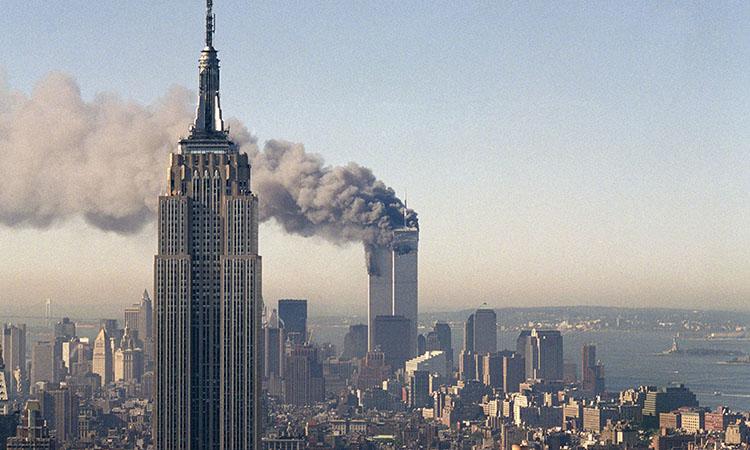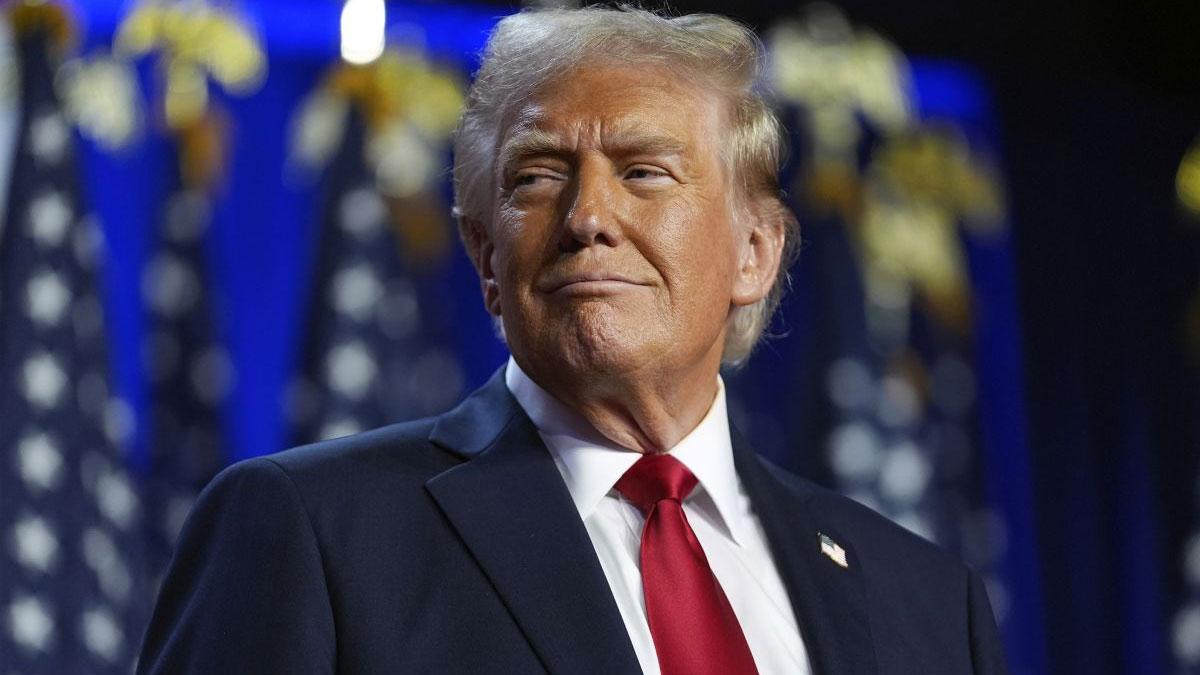A top court in the US has agreed to hear a case seeking to block a civil rights lawsuit filed by three Muslim men, accusing the Federal Bureau of Investigation (FBI) for conducting surveillance on them after the 9/11 attacks.
The US Supreme Court will hear the appeal filed by the FBI against a lower court's 2019 ruling, which led to various claims made by the three Muslim men, taking the case into litigation.
As per details, the 2011 lawsuit accuses the FBI of infiltrating mainstream mosques in Southern California and targeting Muslim Americans for surveillance.
The lawsuit accused the agency of engaging in religious discrimination in violation of the US Constitution's First Amendment by targeting Muslims, as well as violating the Fourth Amendment prohibition on unreasonable searches and seizures.
ALSO READ | Taliban captures another Afghan district for 3rd straight day
The petitioners of the lawsuit include Yassir Fazaga, an imam at the Orange County Islamic Foundation in Mission Veijo, Ali Uddin Malik, who attended the Islamic Centre of Irvine, and Yasser Abdel Rahim, a permanent resident of the US from Egypt.
The three petitioners are represented by the American Civil Liberties Union.
The lawsuit highlights a period of at least 14 months between 2006 and 2007 when FBI was gathering information of Muslims as part of the post-September 11, 2001 counter-terrorism investigations.
As per the claims by the petitioners, Craig Monteilh, an informant for the FBI, adopted a Muslim name and said that he wanted to convert to Islam. Monteilh then recorded conversations and conducted surveillance of the Muslim community.
ALSO READ | NATO summit to demonstrate trans-Atlantic unity: Secretary General
The petitioners claim that Monteilh's spy game got busted when he started making statements about wanting to take violent action, and community members reported him to the local police, following which the FBI obtained a restraining order against him.
After judgments by federal judges, various accusations and claims by the petitioners were rejected. However, some claims related to the legality of surveillance and how the government conducts electronic surveillance are still under contemplation.
Now, the Supreme Court will be considering whether the claims should be rejected based on the government's state secret privilege, a legal doctrine, at times used when national security interests are invoked.
The case holds importance as reports of many American Muslims being interrogated and checked by the US intelligence agencies have surfaced. Several Muslim American families living in the US have complained of being harassed by police officials, while many reports of hidden surveillance have also surfaced.
The September 11, 2001 attacks on the World Trade Centre (WTC) were the most horrific terror attack in the US history that prompted an all out offensive against pro-Taliban and Al-Qaeda outfits.


















